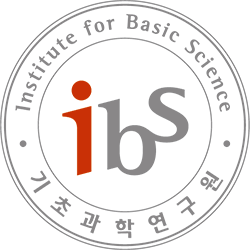Deniz Sarikaya, What means Hamiltonicity for infinite graphs and how to force it via forbidden induced subgraphs
Zoom ID: 869 4632 6610 (ibsdimag)The study of Hamiltonian graphs, i.e. finite graphs having a cycle that contains all vertices of the graph, is a central theme of finite graph theory. For infinite graphs such a definition cannot work, since cycles are finite. We shall debate possible concepts of Hamiltonicity for infinite graphs and eventually follow the topological approach by …

